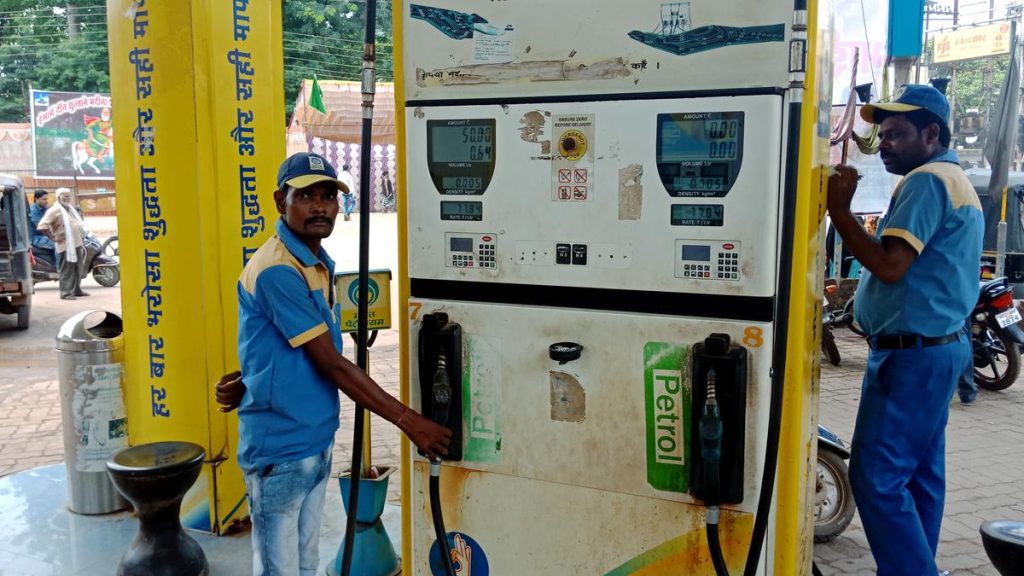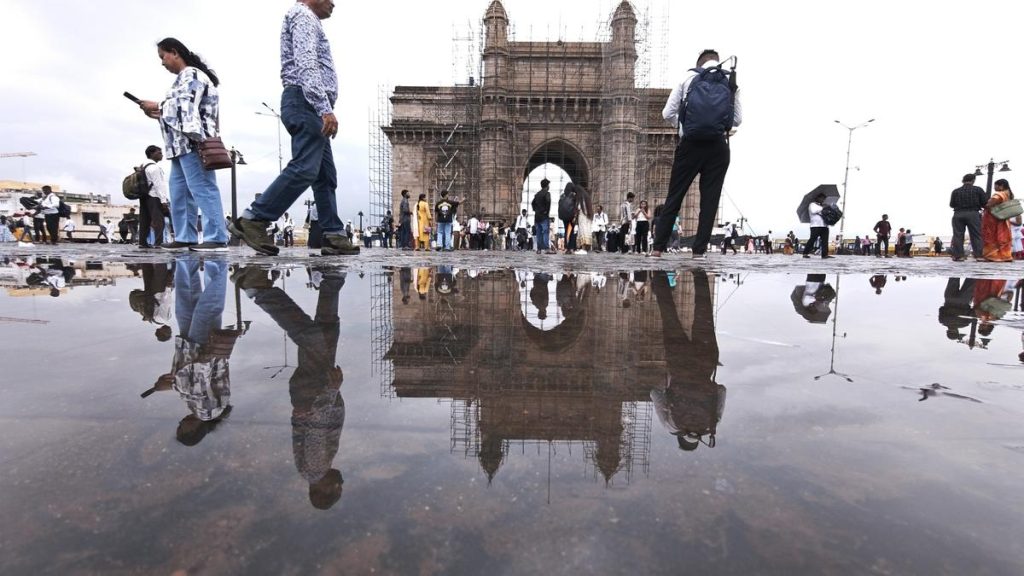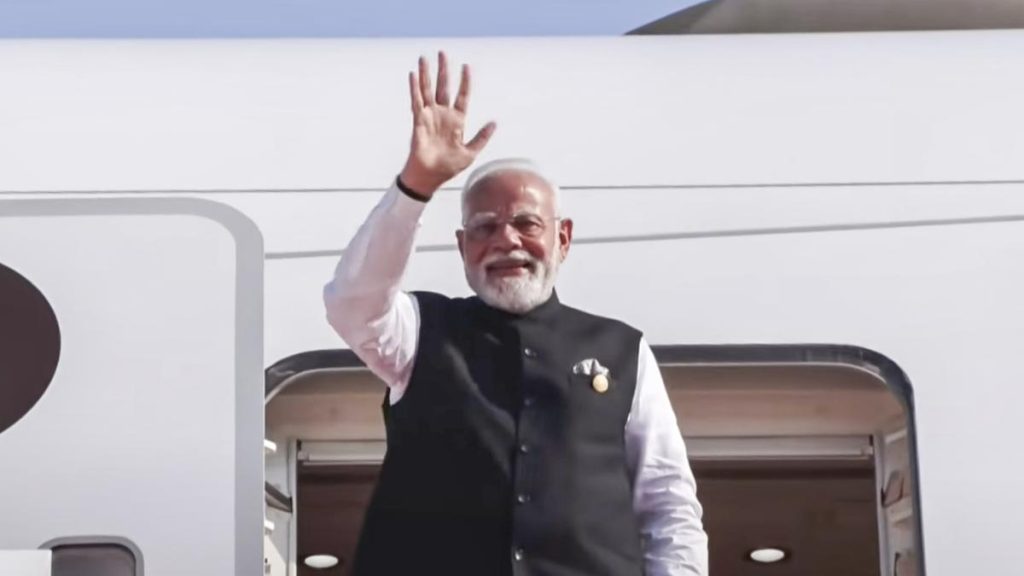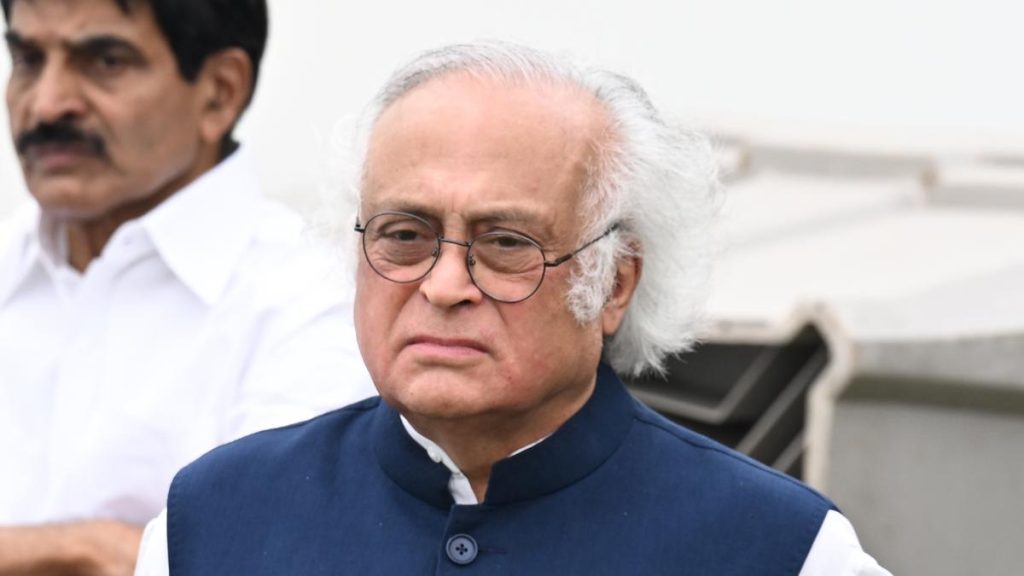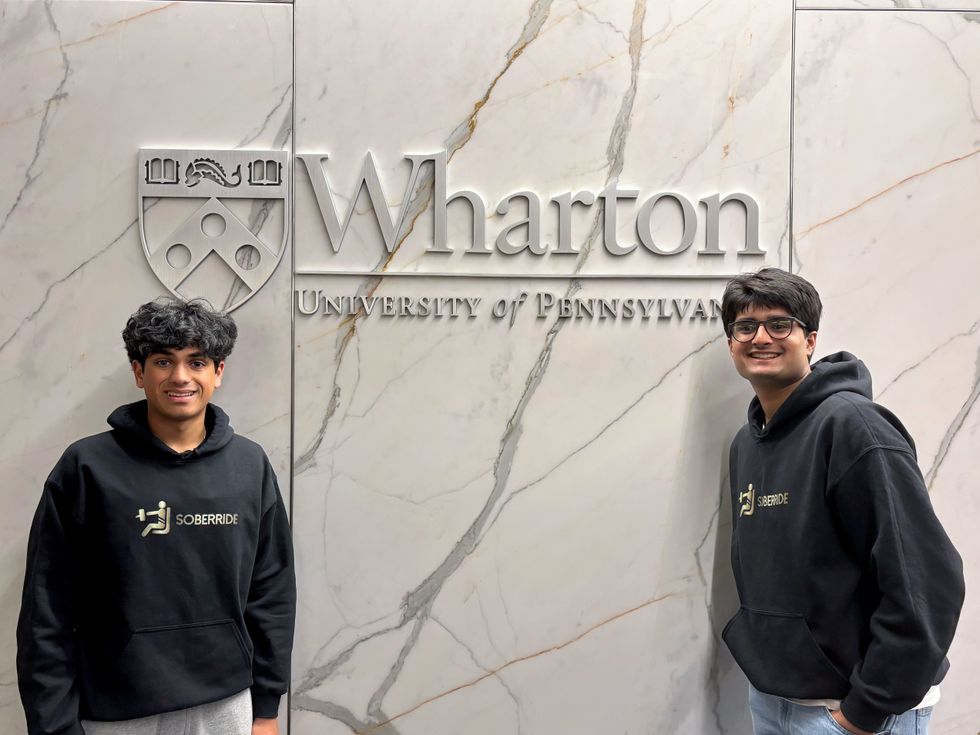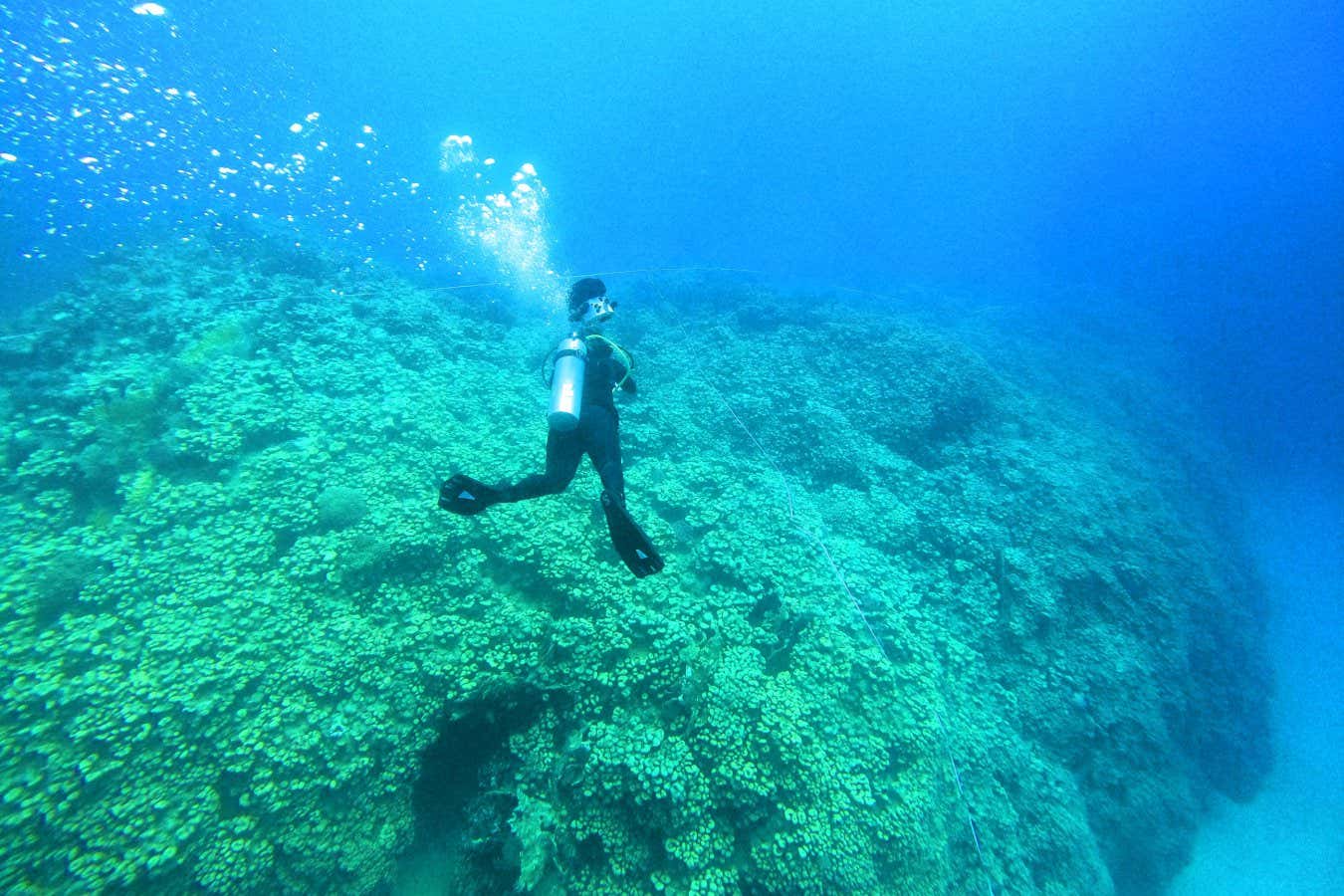Now Reading: XPrize Awards Carbon Removal Tech Using Rock Weathering
-
01
XPrize Awards Carbon Removal Tech Using Rock Weathering
XPrize Awards Carbon Removal Tech Using Rock Weathering
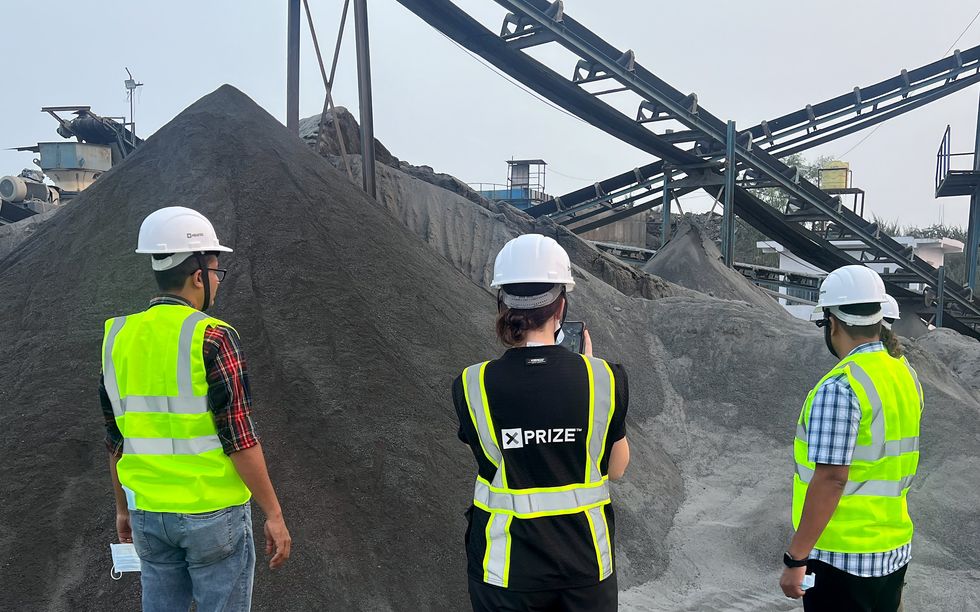
Swift Summary:
- Event: Mati Carbon, a Houston-based startup, won the $50 million grand prize in the XPrize foundation’s $100 million carbon removal competition.
- Technology: Mati uses enhanced rock weathering by spreading crushed basalt on smallholder farms in India and Africa to improve soil quality and remove CO₂ from the air through chemical reactions that turn CO₂ into bicarbonate ions.
- Verification Process: Mati employs advanced tools like plasma mass spectrometers,geotagging,AI-driven software,and machine learning to monitor soil composition before and after basalt submission. This data supports carbon credit sales-a key revenue source for the company.
- Global Expansion: The prize will fund further expansion to smallholder farmers globally. Farmers incur no cost; revenue comes entirely from accredited carbon credits generated via verified CO₂ sequestration.
- Runners-Up Awards: Three runners-up received a combined $28 million:
– NetZero ($15M) for converting agricultural waste to biochar through pyrolysis.
– Vaulted Deep ($8M) for geological sequestration of organic waste-derived carbon.
– Undo Carbon ($5M) for an alternative enhanced rock weathering method.
- Competition Observations:
– Direct Air Capture (DAC) technologies failed to meet the contest benchmark of removing at least 1,000 tonnes of CO₂ annually due to deployment challenges or absence from participation.
Indian Opinion Analysis:
the XPrize victory positions India as a significant testbed for innovative global climate solutions like enhanced rock weathering. With matte basalt applications already active on rice paddies across India’s farmlands,Mati Carbon demonstrates how cooperative frameworks between technology providers and local farmers can advance environmental sustainability while boosting agricultural yields.
This approach could offer scalable solutions for India’s agriculture-dominated economy facing mounting pressure from climate change impacts on productivity and rural livelihoods. If successfully implemented on larger scales across regions with heavily degraded soils in India, projects like these could contribute positively toward national goals surrounding carbon neutrality while also creating indirect economic benefits via international carbon trading markets.
However, practical challenges around extensive monitoring systems might pose scalability concerns in resource-limited rural settings-potentially necessitating advancements or subsidies tailored locally as conditions replicate globally post-expansion efforts. Balancing scientific innovation with grassroots implementation remains critical moving forward.


